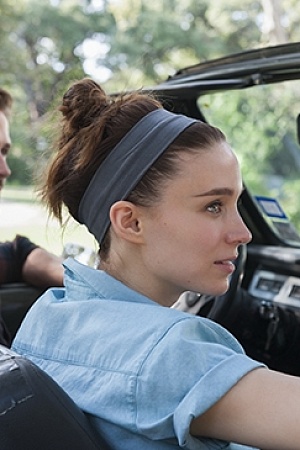What Maisie Knew
The last twelve months have seen some notable film reworkings of classic literary texts, with Anna Karenina set in a theatre, a black Heathcliff in Wuthering Heights, and a gorgeous Much Ado About Nothing enacted in monochrome contemporary California. Now we have a compelling version of Henry James’s novel What Maisie Knew (1897), which reminds one of what a good run he has had with film adaptations. Hapless as he was as a stage dramatist, James would have been delighted with such potent film versions as The Heiress (ex-Washington Square, 1949) and The Wings of the Dove (1997).
These films most often came replete with turn-of-the-century costumes and décor, of a kind to which BBC serialisations had habituated us, but What Maisie Knew, directed by Scott McGehee and David Siegel, is having nothing of that. This new film is set in a world of takeaway pizza and potato crisps, of mobile phones and touring rock stars; but what remains true of the century between novel and film is James’s depiction of the adult negligence, corruptions, and cruelties visited on the eponymous small girl (‘the little feathered shuttlecock they could fiercely keep flying between them’). One doesn’t doubt that there are just as many instances now of such egoistic parents tearing each other apart and exposing the child to the kinds of selfishness and solipsism of which those biologically closest to them are capable.
Continue reading for only $10 per month. Subscribe and gain full access to Australian Book Review. Already a subscriber? Sign in. If you need assistance, feel free to contact us.















Leave a comment
If you are an ABR subscriber, you will need to sign in to post a comment.
If you have forgotten your sign in details, or if you receive an error message when trying to submit your comment, please email your comment (and the name of the article to which it relates) to ABR Comments. We will review your comment and, subject to approval, we will post it under your name.
Please note that all comments must be approved by ABR and comply with our Terms & Conditions.